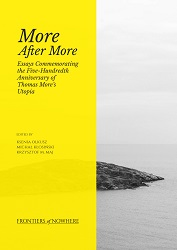
We kindly inform you that, as long as the subject affiliation of our 300.000+ articles is in progress, you might get unsufficient or no results on your third level or second level search. In this case, please broaden your search criteria.



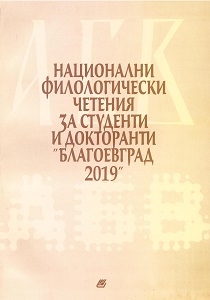
This text explains and emphasize on the methods which the presidential-candidates in Bulgaria use to convince their audience in what they say in their speeches. In the following text it is shown which methods are effective and should be used while speaking in front of the audience and which methods are ineffective and better be avoided by the speakers. How these methods reflect the listeners, why it is important to use them when necessary and how to classify them by their importance for both speakers and audience is the main purpose of this paper.
More...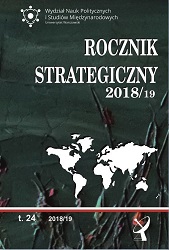
The article discusses the functioning of NATO in 2018. It describes thedeterminants of relations between the allies in this period, especially the impactDonald Trump’s first year as President and growing populist tendencies in Europehave on transatlantic ties. It also discusses the key points of dispute between theallies (e.g. the debates over burden-sharing between NATO members) and assessesthe most important reforms of the Alliance that are meant to increase its operationalreadiness particularly in the context of deterrence and collective defence. NATO’soperational activity was also analyzed as well as the changes in relations with theorganization’s external partners.
More...
The article discusses the evolution and functioning of the Common Security andDefence Policy of the EU in 2018. The authors start with an analysis of externaland internal determinants of cooperation within CSDP, with particular attention tothe impact of transatlantic relations and US approach to the European initiativesas well as of internal tensions in the EU. Then they discuss the implementation ofthe decisions from December 2017 on the initiation of PESCO, which constitutesthe central topic of the paper. The functioning of European Defence Fund is alsoanalyzed, as well as the essence and implications of the French proposal of EuropeanIntervention Initiative (E2I). In the last part of the article, operational engagementof the EU is briefly presented, including a discussion of modifications of CSDPand ways of implementing them, namely Civilian CSDP Compact (CCC), and thedebates over the future of maritime activities of the EU in the Mediterranean. Theauthors conclude with an assessment of the results of the development of PESCOand EDF in the last year and of the perspectives of future cooperation.
More...
The article presents the activities of the UN Security Council in 2018 in lightof the Secretary General’s statements concerning the state of the world. The firstpart is devoted to drafts of resolutions on the Middle East, which were vetoed bypermanent members of the Security Council. The second one is focused on decisionsconcerning African states such as the Republic of Central Africa, Sudan, SouthSudan, Democratic Republic of Congo, Mali, and Somalia; as well as on thematicresolutions concerning peacebuilding, protection of civilians and children in armedconflicts, the role of youths for peace and security. In the third part, basic data on peacekeeping are presented and some violations of peacekeeping rules described.A separate part is devoted to Poland’s activities within the SC and in particular itsengagement in promoting international law.
More...
The aim of the article is to present the major armed conflicts – the wars in threeMiddle East countries: Syria, Iraq, and Afghanistan. The selection criteria includenot only geographic factors, but also the nature of the conflicts, i.e. they are allcivil wars and have become internationalized as a result of involvement of externalpowers, i.e. the military forces of several countries. In Syria, Iraq, and Afghanistan the enemy has been the so called Islamic State; in Syria it was the main enemy. Thethree countries were the most impacted by terrorism.
More...
The second year of Donald Trump’s presidency was not a time of breakthroughs orevents of historical significance. However, there have been some signs foreshadowingsignificant changes for the US.After Trump’s two years in office, the economy is still booming, although afteryears of prosperity one could expect slowdown in the nearest future. In domesticpolitics, the President focused on fulfilling his campaign promises and supportingthe Republicans in maintaining the majority in Congress after the midterm elections.The greatest obstacles for accomplishing Trump’s election goals include: growingconflicts between the President and Democrats, problems related to the investigationby the special prosecutor R. Mueller’s commission, instability and rotation at the toppositions in the administration, and the President’s war with the news media.The “America First” approach continued to dominate in the field of foreignpolicy. The President concentrated his efforts on disposing of Obama’s legacy andimplementing initiatives aimed at protecting the interests of the US and of Americancitizens. However, the lack of a clear vision and consistency in foreign policy,disputes within the administration, a stiffer position and tightening of dialogue withforeign partners led to a further drop in confidence and loss of US credibility on theinternational arena.In general, in fulfilling the vision of Making America Great Again, D. Trump usesmethods and means which are far from the standards previously known in Americanpolitics. As a result, the nature of American domestic and foreign policy is changing.It is an open question, however, whether the processes will prove permanent, to whatextent, and, if so, how will it affect the US political system and international order.
More...
The article aims to analyze the region of Eastern Europe and South Caucasusfrom the perspective of the EU Eastern Partnership programme. Ten years afterits initiation, the region remains unstable both politically and militarily. It is stillstruggling with post-Soviet heritage, such as corruption and authoritarian tendencies.While some countries (Armenia) try to counter these challenges, in others (Moldova)there was a significant deterioration of democratic standards. Such a situationseems to indicate the weakness of the EU’s policy mechanisms towards its Easternneighbourhood.According to the EaP assumptions, the cooperation with the countries of theregion is conducted on the case by case basis. This results in the separation of theEastern neighbours of the EU into two subgroups: the first one is made up of Ukraine,Moldova, and Georgia, which in 2014–2017 concluded association agreements withthe EU, providing for the creation of Deep and Comprehensive Free Trade Areas,and were offered a visa-free regime; the second one gathers Belarus, Armenia, andAzerbaijan, with which cooperation is more limited.Russia’s policy remains a key challenge both for the countries of the region and theEU. The Russian Federation is striving both to increase its influence in the countriesof Eastern Europe and South Caucasus, and to limit their cooperation with the EU.An important instrument, though not the only one, of the expansive Russian policyin the region are the frozen conflicts affecting Ukraine, Moldova, Georgia, Armenia,and Azerbaijan. In the case of Belarus, progressive integration of this country withRussia should not be excluded.
More...
After several years in which the reports from the Middle East were dominated bynews on the fight against the Islamic State, in 2018 there was a significant change.A series of failures of IS in 2016-2017 led to the situation in which the basic questionconcerning the Middle East focussed not so much on the way to overcome theorganization, but rather on the essence of the new international order, shaped asa result of clashing interests of different states and political forces. In Syria, plungedinto civil war since 2011, the scale of victory clearly shifted to the side of the forcesfaithful to President Bashar al-Assad. In Iraq, after a period of cooperation of differentpolitical forces faced with IS expansion, ethnic and confessional divisions revivedagain. At the same time, mechanisms for seeking effective ways to eliminate threatsto the stability of the country have been introduced. Conflicts in Libya and Yemenare still far from settled. Both countries have no governments that can effectivelycontrol the situation in their territories and external actors get involved to furthertheir particular interests. Local conflicts thus become a playing field for competingregional and global powers, hindering stabilization processes.
More...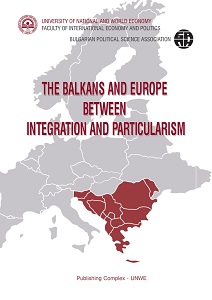
This volume is a collection of papers presented at the International conference The Balkans and Europe between Integration and Particularism: Challenges and Prospects, organized by the Faculty of International Economy and Politics at UNWE andthe Bulgarian Political Science Association and held in Sofia on October 25-26, 2018.The topic might seem trivial, for recently the focus of political and diplomatic attention has yet again shifted back to the troublesome South-Eastern part of Europe.Hence, numerous political and academic events dedicated to the Balkans, and to theWestern Balkans in particular, in the light of the EU integration processes in the region have been organized.
More...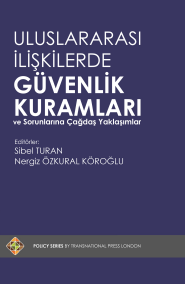
Çatışan taraflar için, hiç şüphe yok ki barışa karar vermek ya da çatışmayı sonlandırıp gerçek bir barış sağlamak son derece zorlu bir süreci de beraberinde getirecektir. Özellikle de yaşanan çatışma sürecinde şiddet dolu uzun yıllar varsa, yüz binlerce kayıp verilmişse ve bunlar toplumun hafızasına kazınmışsa. Böylesi bir çatışmada barışa varmak adına çok güçlü bir motivasyon şarttır çünkü barış ancak ve ancak tarafların bu yönde samimi bir niyet taşımaları sonucu mümkün olabilir. Diplomasi seçeneğine yönelmek, özel olarak müzakere seçeneğini kullanmak tarafların süreç üzerinde kontrol sahibi olduğu bir yöntemdir ve sonuç tarafların niyeti, sahip oldukları güç, mücadele verdikleri amaçlar ve uluslararası toplumun çatışmaya yönelik bakış açısı ile yakından ilgilidir. Barışı sağlamak adına çatışan tarafların basitçe al ver mantığına odaklandığı bir çözüm sürecinin işlemesi yeterli olmayacaktır.
More...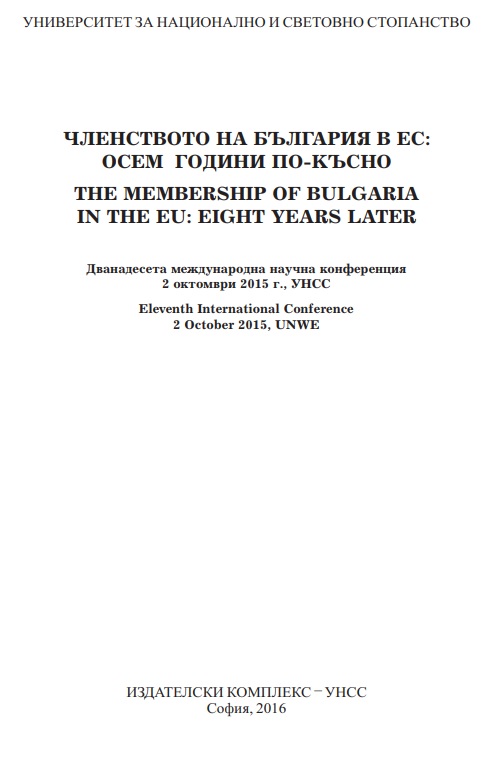
The European Union is facing a number of serious challenges which shall be solved through utilizing its own resources – human, financial and intellectual. At the same time, its institutional structure is increasingly criticized - both externally and internally, by the European and national politicians, and increasingly by the European citizens. The disapproval of the EU is aimed both at the functioning and the activities of specific institutions and at the way in which they interact in the general structure, as well as against the implementation of certain policies. This report presents some weaknesses identified by the three main EU institutions - the European Council, the European Commission and the European Parliament. The second part presents the main critical directions to the EU institutional system - bureaucratic inefficiency, democratic deficiency and inefficiency of the EU policies. Their nature and opportunities for improvement are analyzed.
More...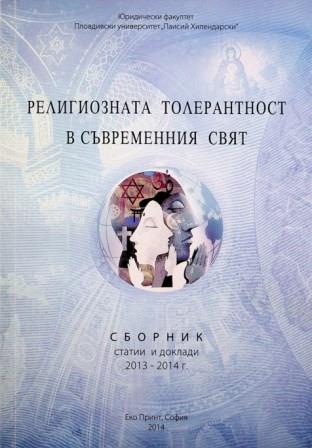
Article 11, paragraph 4 of the Bulgarian Constitution forbids the formation of political parties on ethnic, racial or religious basis. The purpose of this norm is not to allow the formation and the functioning of political parties whose members belong to specific ethnic, racial or religious group and therefore are not accessible to people outside this group. The state organ with the task of monitoring the compliance of the existing political parties with art.11, par.4 of the Constitution, is the Constitutional Court that is competent to rule on challenges concerning the constitutionality of political parties and associations. Constitutional court decisions, including those rendered on disputes on the constitutionality of political parties, formed on religious basis, has formal and material res judicata effect. But when the Constitutional court reviews the constitutionality of a political party it acts not only as a “court of norms” but also as a “court of facts”. So the main question is whether and to what extent art. 21, par. 5 of the Constitutional court act, forbidding the filing of further motions when the Constitutional court has already rendered a decision on the same subject, is applicable to disputes concerning the constitutionality of political parties. According to the author in such cases the res judicata effect comprises only those facts that are present and known to the court at the moment of rendering its decision. Consequently, there is no obstacle to file a motion, based on new facts, that were non-existent at the moment of rendering the previous decision. Otherwise, it would mean that once the constitutionality of a certain political party has been reviewed by the Constitutional court this same party is forever immuned from the threat of being proclaimed unconstitutional.
More...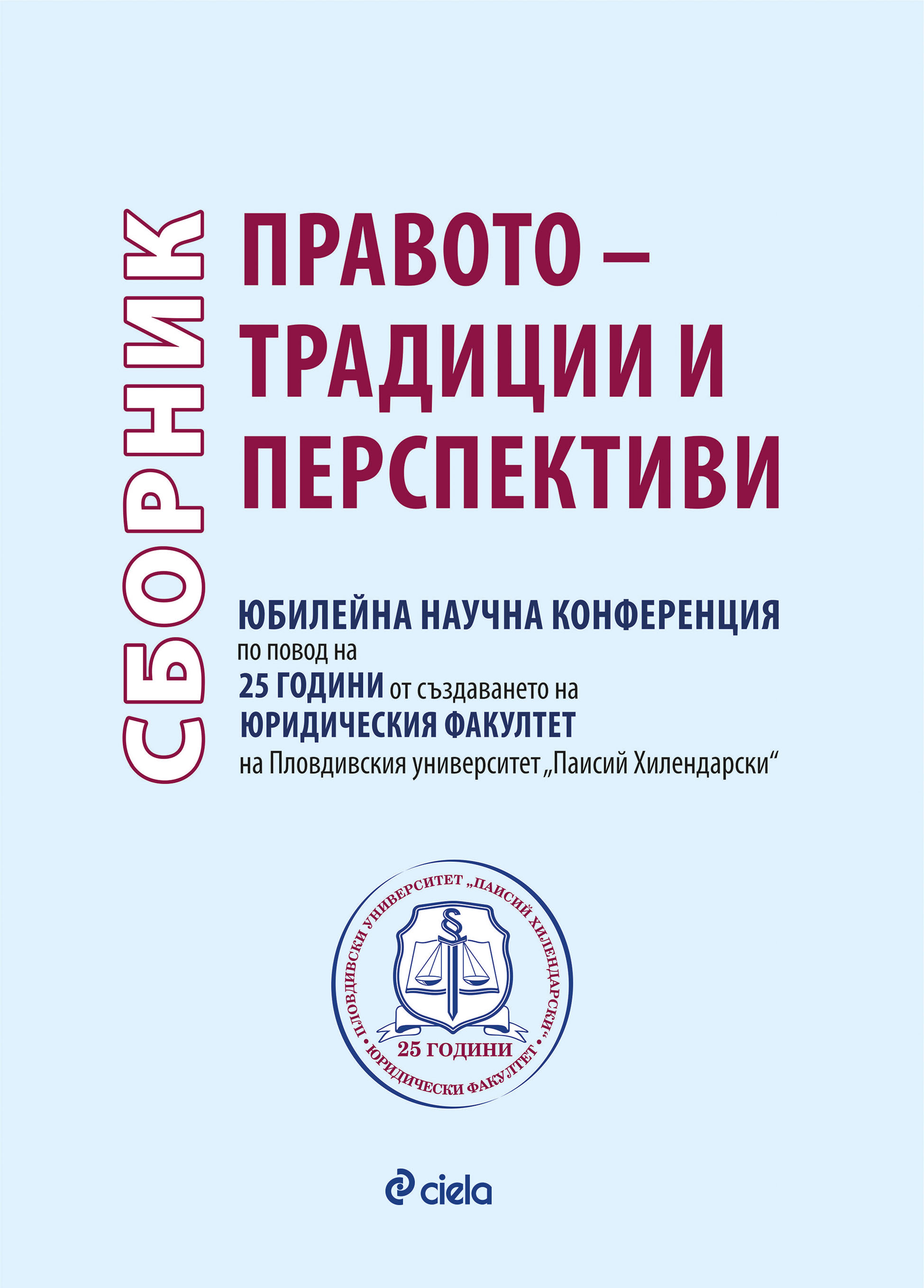
The relationship between the king and the church in France during the Ancien Régime (16th-18th centuries) can be well explained by the issue of property. In the 1670s, Colbert called for a complete reform of royal landholdings in Brittany, with mandatory justification for all alienations. The reform was critical to many landlords, especially the church, since some portions of their lands had encroached on the royal domain. The review of suspected frauds and purchases proved the king's sovereign power in a pays d’états and the crucial role of the domanialité in the Kingdom of France during the 17th century.
More...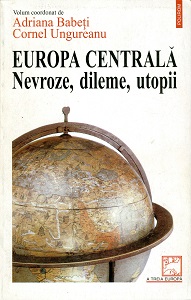
De o atenție insuficientă s-a bucurat, din partea istoriei noastre culturale, revista L'Europe Centrale care a apărut la Praga, în limba franceză, începînd din toamna anului 1926. Publicată săptămînal de un comitet de redacție în spatele căruia se afla probabil Ministerul de Externe cehoslovac, revista intenționa să promoveze înțelegerea și colaborarea dintre țările zonei europene respective, dînd substanță și coerență colaborării unor entități statale ieșite, în cea mai mare parte, din ruinele vechilor imperii: Cehoslovacia, Iugoslavia, Polonia. O spune clar un Cuvînt înainte din primul număr al revistei : „Scopul nostru esențial este de a face cunoscute popoarele Europei Centrale și de a lucra, după modestele noastre puteri, la apropierea lor”. în locul termenului și al conceptului german de Mitteleuropa, această nouă diplomație — nu fără concursul celei franceze -încearcă să introducă o nouă viziune, o nouă coerență și, bineînțeles, o nouă aranjare a intereselor. Din această nouă alcătuire a hărții diplomatice central-europene, la care vor mai colabora pe plan cultural reviste ca „Europäische Revue” a prințului Rohan sau „Revue de l’Europe du Sud-Est” a Centrului de Studii și Cooperare Balcanică de la Paris (de inspirație românească : președinte — Dimitrie Drăghicescu, secretar și director al revistei — M. Bădescu), au ieșit și Mica înțelegere și Alianța Balcanică. Cu toată lipsa lor de eficiență în fața amenințării ruso-germane, ele sînt mărturia că țările Europei Centrale și, nu în ultimul rînd, România -înțelegeau pe atunci să se organizeze ; primul pas trebuia făcut în domeniul cel mai deschis acestui fel de colaborare: în cultură.
More...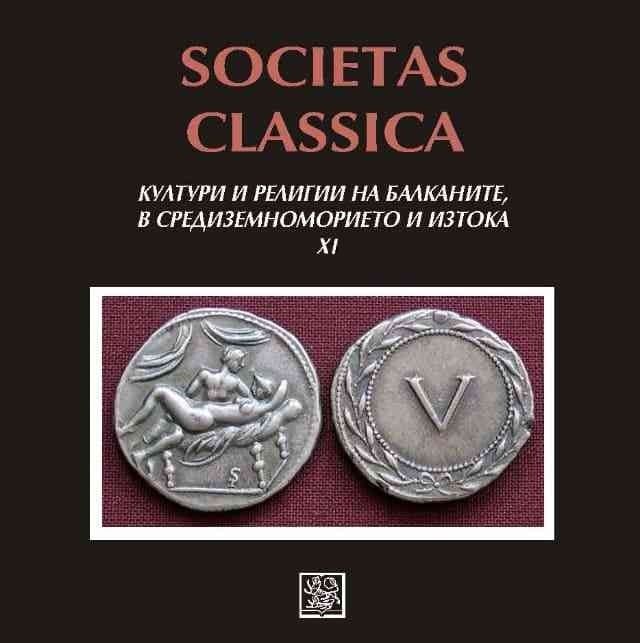
Subject of this paper are metaphorical linguistic expressions, which reflect the relation between the target domains of NATION and COUNTRY and the source domain of HUMAN BODY in Persian. Media analyses on Iranian policy, speeches, and statements of government officials of the Islamic Republic of Iran are the main source for the research. The corpus of the collected phraseological units is analysed and classified in the light of the Conceptual metaphor theory. Metaphorical linguistic expressions containing the terms 𝑑𝑎𝑠𝑡 “hand”, 𝑎𝑛𝑔𝑜š𝑡 “finger” and 𝑚𝑜š𝑡 “fist” are in the focus of the paper. It discusses the question if Persian political discourse demonstrates features of cultural conceptualisations, providing comparative analysis with English and Bulgarian. It is a part of a broader research on conceptual metaphors in contemporary Persian.
More...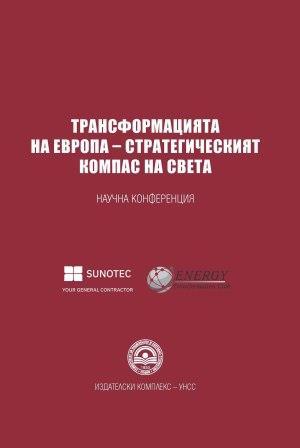
The paper points out the connection between political crisis and political myths and defends the understanding that political myths in Bulgarian society contribute to the emergence of political crises.
More...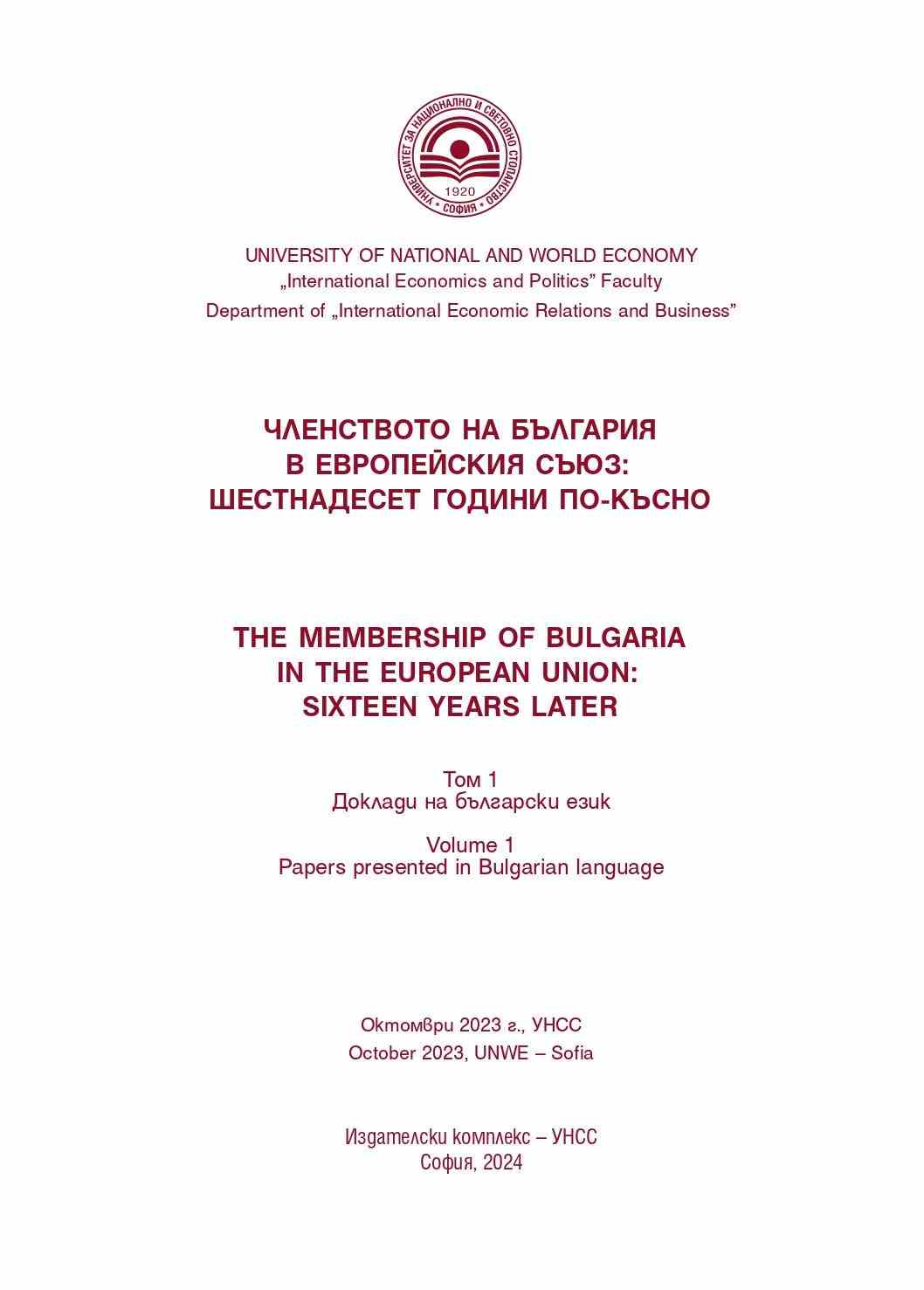
Economic theory is characterized by continuous dynamics, which is both dictated by the changes in human life and a driver of those changes, therefore the return to the theoretical achievements of the past provides a significant conceptual insight into the complexity of the processes, as a result of which the current reality was formed. The purpose of the present work is to analyze the particular manifestations of the heterogeneous doctrines in economic science, which determine the process of creating the theory of regional economic integration. The main task is to identify the economic theories that are the basis of the formation of the integration theory. The necessary cause-and-effect relationships that argue the compatibility of specific doctrines with the effectiveness of the process of regional economic integration should be deduced.
More...